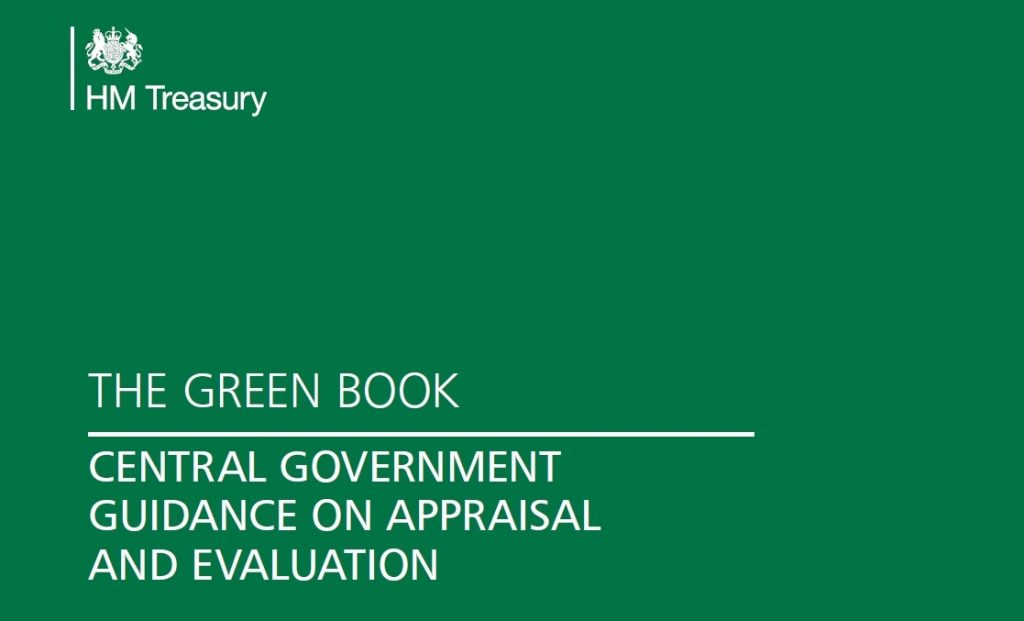Since the Covid-19 lockdown was introduced, we have witnessed an incredible industry-wide response, writes Sean Haley, Sodexo Regional Chair.
FM and food providers have repeatedly demonstrated the value of our sector by collectively responding quickly and efficiently. Sodexo and its competitors have played a vital role to set up and operate Covid-19 testing centres and Nightingale hospitals around the country. It has been a Herculean effort that no one foresaw would be needed, but one which was achieved through partnerships that formed within just days.
We have been able to do this because we are an agile, flexible, diverse, caring industry with experts in catering, cleaning through to fire safety, energy, event management and much more. We have shown that we are more than just service providers. We are strategic partners who can adapt, innovate and work in partnership to get things done.
Our people have met the challenge of providing core services safely into hospitals, barracks, schools, factories, test centres and prisons, to name a few. They are often working in extremely difficult conditions, on the front line, adapting to meet new demands and challenges – and they are laying the foundations for our national recovery from this crisis.
Continue reading “Key workers need more than applause”



 Written by Sylvia Metayer, CEO, Worldwide Corporate Services segment, Sodexo
Written by Sylvia Metayer, CEO, Worldwide Corporate Services segment, Sodexo